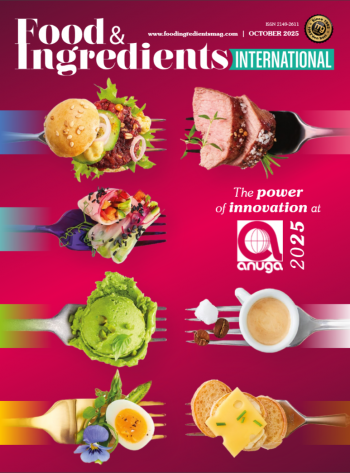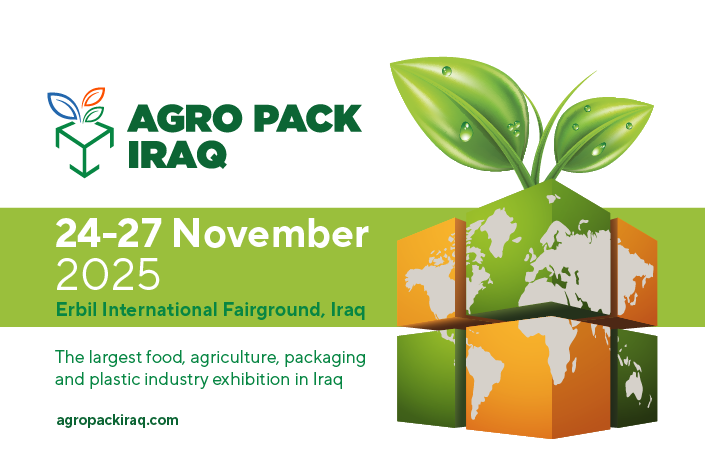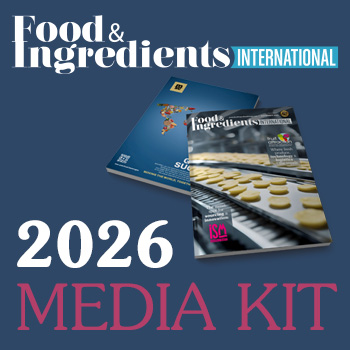Stimulated by innovations in flavored yogurt varieties, global non-dairy yogurt market is set for an upward growth trend over the course of next decade. Expected to reach the US$ 12.2 Bn mark by 2032 end, non-dairy yogurt market will be primarily driven by rise in inclination towards the consumption of plant-based products. The trend of natural and organic is also significantly contributing to the growth of non-dairy yogurt market.
In contrast to its conventional counterpart, organic non-dairy yogurt would account for a third of global market value in 2022. This share is however expected to expand in the near future, attaining the market value of over US$ 3 Bn at the end of projection period. The demand for flavored non-dairy yogurt continues to rise owing to widespread availability and innovations in terms of taste.
Introduction of novel diet categories, such as non-GMO, vegan, and gluten-free, has boosted consumer demand for dairy alternatives. Shifting consumer preferences have also prompted manufacturers to launch innovative and authentic flavors. Several animal welfare associations and non-government organizations are supporting the welfare of farm animals and working to spread awareness about the nutritional benefits of dairy-free diets
- The demand for coconut yogurt will increase at a CAGR of ~5.8% during the forecast period (2022-2032).
- Demand for global soy non-dairy yogurt in global market roughly equates the value of US $ 2 Bn and will account for 2/5th share in total market revenue in the near future.
- Sales of non-dairy yogurt is foreseen to be higher in countries of South Asia and East Asia.
- Organic non-dairy yogurt is yet to enter the mainstream.
- Increasing demand for natural and organic plant-based food products among consumers resulted in the increased usage of non-dairy yogurt in the food and beverages industry.
- The population allergic to nuts and seeds may remain a longstanding penetration challenge facing non-dairy yogurt market players.
- Consumers’ choices nowadays reflect healthy and cost-effective preferences along with social and moral values, where non-dairy yogurt offers ethical and environmentally-friendly products to these consumers.
Increasing incidences of lactose intolerance are translating into substantial demand for lactose-free, plant-based dairy products. These products that are witnessing high demand include soy yogurt, almond yogurt, coconut yogurt, oat yogurt, and rice yogurt.



















